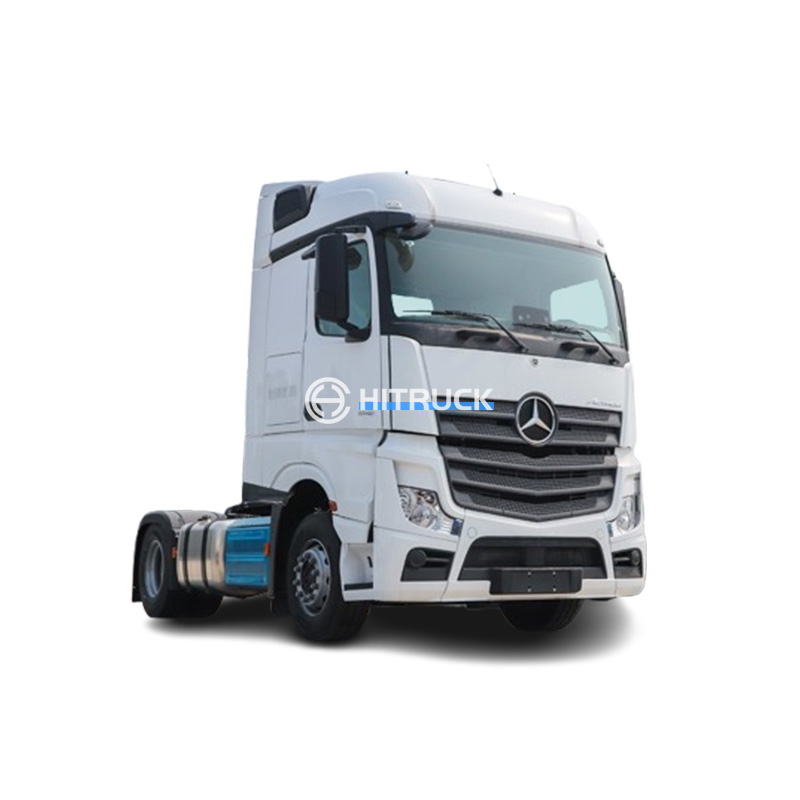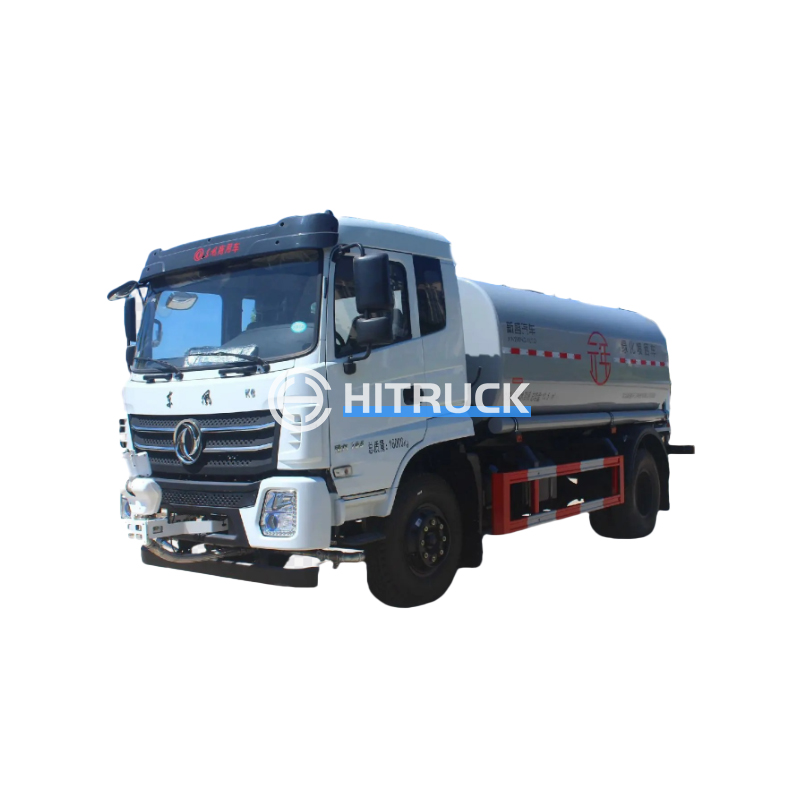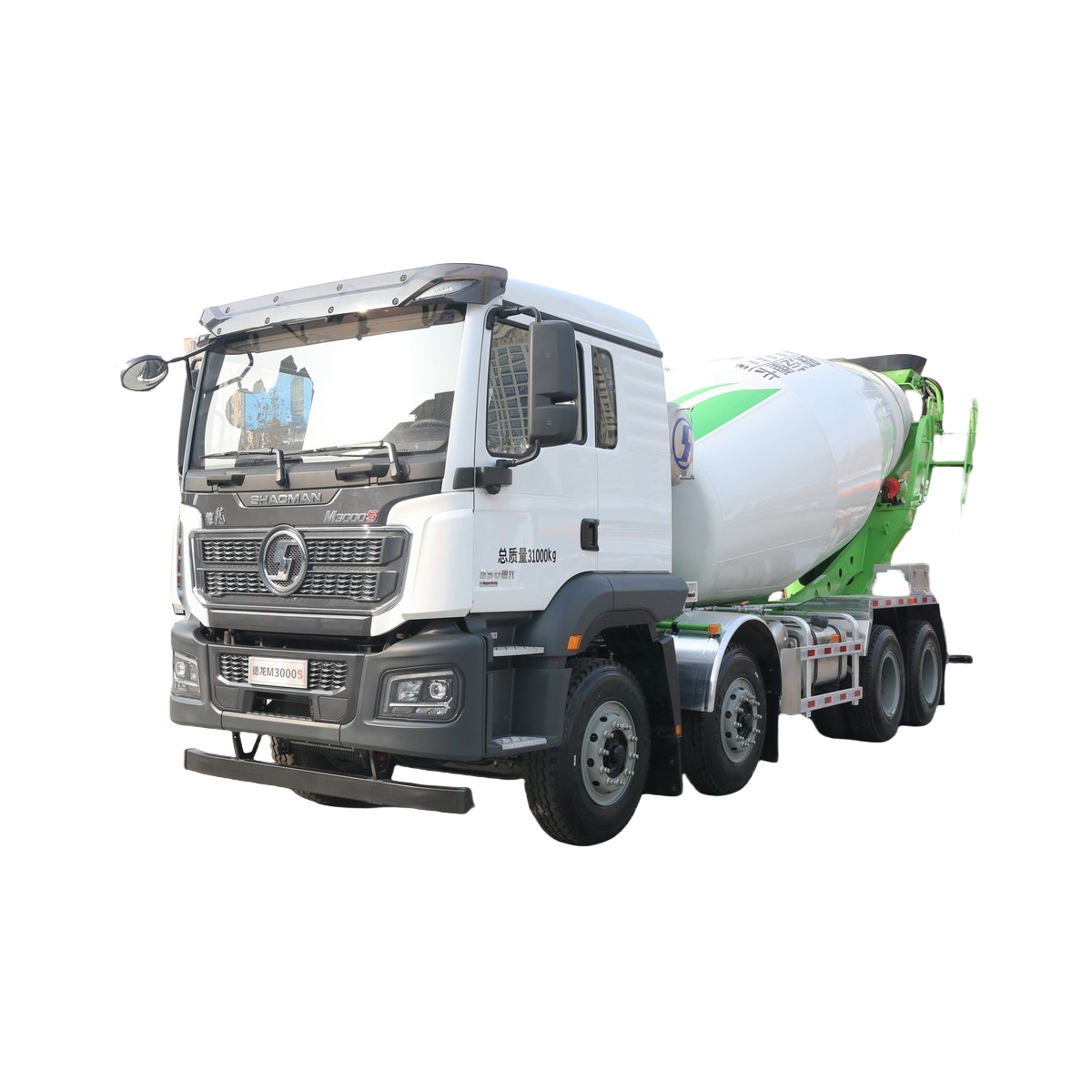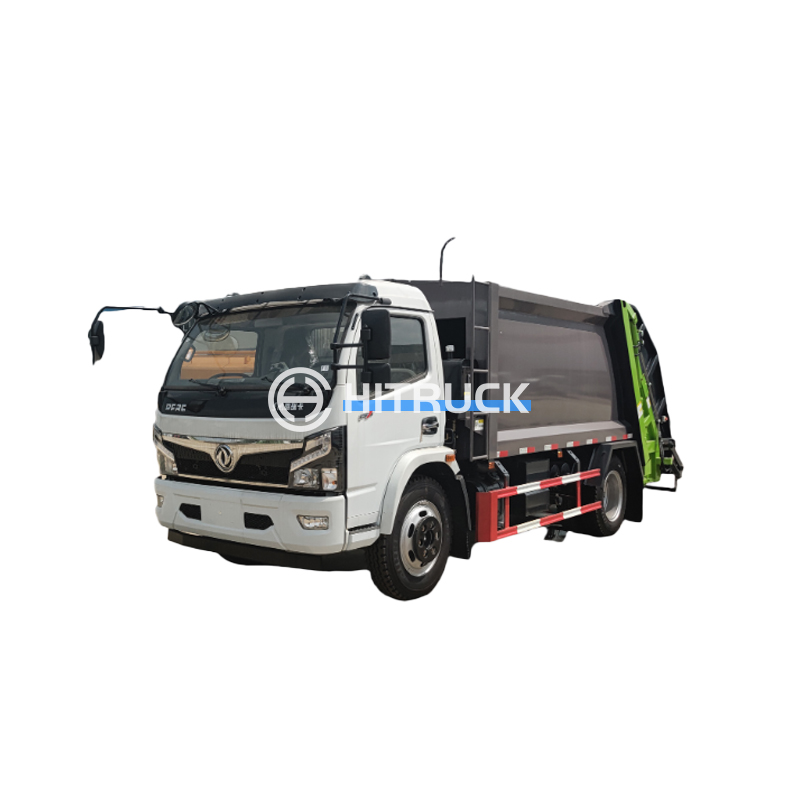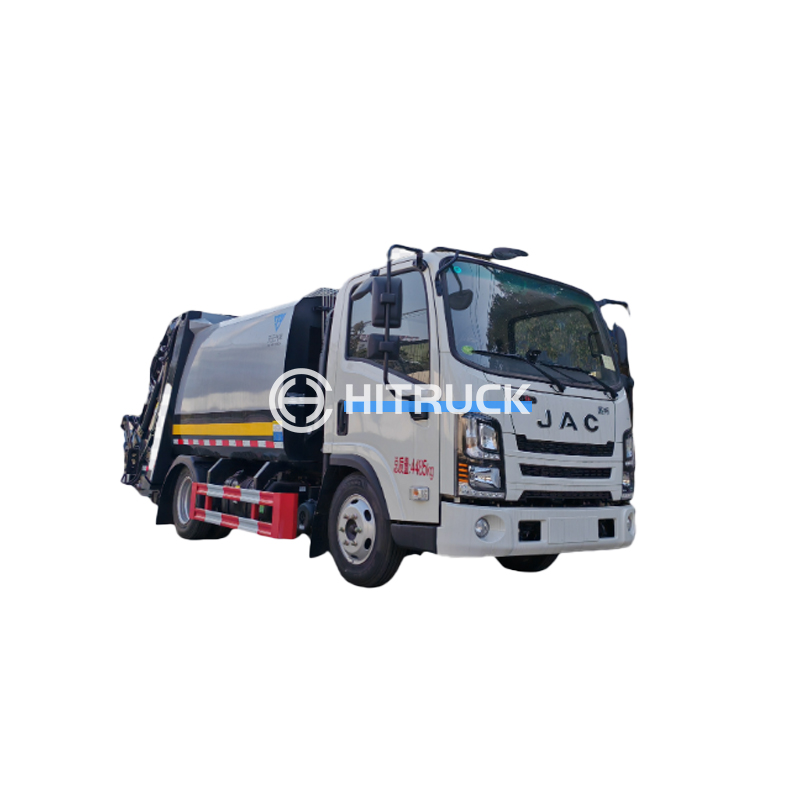This comprehensive guide explores the world of movable overhead cranes, detailing their various types, applications, and selection considerations. We'll cover key factors to ensure you choose the perfect crane for your specific lifting needs, from understanding load capacity and span requirements to considering safety features and maintenance. Whether you're involved in manufacturing, warehousing, or construction, this guide provides valuable insights to help you make an informed decision.
Overhead traveling cranes are the most common type of movable overhead crane. They consist of a bridge structure that travels along runways, supporting a trolley that moves along the bridge, allowing for movement across a large area. These are highly versatile and used extensively in factories and warehouses for heavy lifting applications. Different configurations exist, such as single-girder and double-girder designs, each with its own advantages and disadvantages in terms of capacity and cost.
Jib cranes offer a more compact solution for lifting loads in a limited area. A jib crane's arm rotates around a central pivot point, providing a wide range of motion within its radius. They are ideal for workshops and smaller spaces where a full movable overhead crane system might be impractical. Types include wall-mounted, free-standing, and cantilever jib cranes, each suited to different environments and lifting needs.
Gantry cranes are a type of movable overhead crane that runs on the ground rather than on elevated runways. They are often used outdoors or in situations where an overhead structure isn't feasible. They're particularly useful for moving heavy materials in large open areas like shipping yards or construction sites. Their design allows for high lifting capacities and long spans, making them suitable for various heavy-duty applications.
Determining the required load capacity and span is crucial. The load capacity refers to the maximum weight the crane can safely lift, while the span is the horizontal distance between the crane's support points. Accurate assessment of these factors is essential to prevent accidents and ensure the crane operates within its safe working limits. Always consult with a qualified engineer to determine these requirements.
The working environment greatly influences the choice of movable overhead crane. Factors like temperature, humidity, and the presence of corrosive substances will influence the material selection and required safety features. For example, cranes in harsh environments might require specialized coatings or more frequent maintenance.
Safety is paramount. Look for cranes equipped with features such as overload protection, limit switches, emergency stop buttons, and well-maintained braking systems. Regular inspections and operator training are also essential to ensure safe operation. Compliance with relevant safety standards and regulations is non-negotiable.
Regular maintenance is crucial for the longevity and safe operation of any movable overhead crane. This includes routine inspections, lubrication, and repairs as needed. Failure to maintain a crane can lead to malfunctions, accidents, and costly downtime. It’s advisable to establish a preventative maintenance schedule and engage qualified technicians for regular servicing. Investing in proper maintenance will ultimately extend the lifespan and improve the return on your investment.
Choosing the right supplier is just as important as selecting the right crane. A reputable supplier will provide expert guidance throughout the selection process, offer installation and maintenance services, and ensure compliance with relevant safety standards. For high-quality cranes and exceptional service, consider contacting Suizhou Haicang Automobile sales Co., LTD. They offer a wide range of movable overhead cranes to suit diverse needs and applications. Proper research and due diligence can ensure a smooth and successful purchase and installation.
| Crane Type | Typical Applications | Advantages | Disadvantages |
|---|---|---|---|
| Overhead Traveling Crane | Factories, Warehouses | High capacity, large coverage | High initial cost, requires significant headroom |
| Jib Crane | Workshops, Small Spaces | Compact, cost-effective | Limited reach and lifting capacity |
| Gantry Crane | Outdoor areas, construction sites | No need for overhead structure, high capacity | Requires large ground space, can be difficult to maneuver |
Remember to always prioritize safety and consult with professionals when dealing with heavy lifting equipment.




